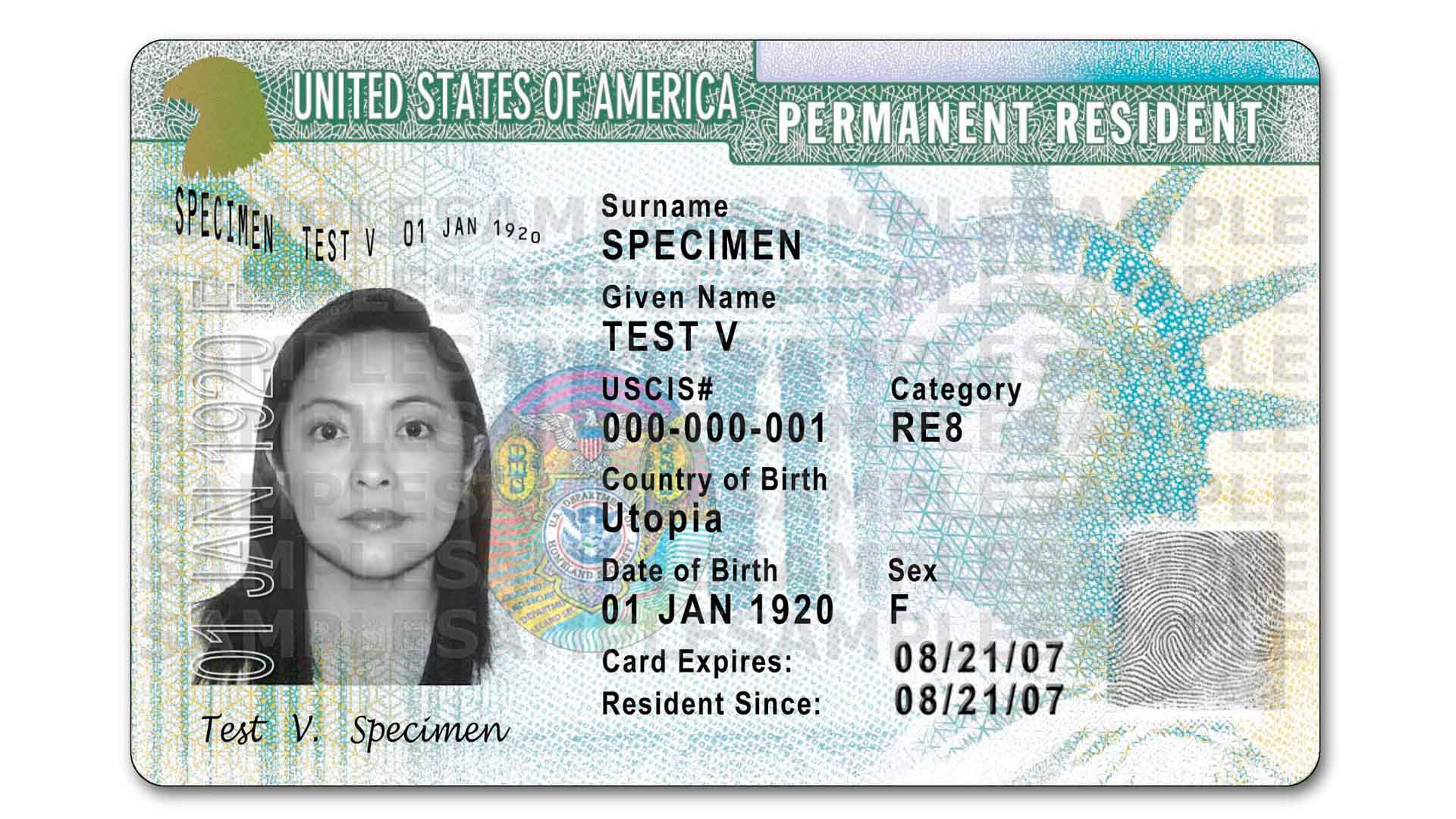 A sample of a U.S. permanent resident card.
A sample of a U.S. permanent resident card.
A national coalition of immigration lawyers has sued the Trump administration over the rollout of the so-called public charge rule.
The rule disqualifies people from getting a green card, if they rely too much on government benefits.
The case focuses on the forms people complete while hoping to change their immigration status. They are sent to U.S. Citizenship and Immigration Services (USCIS).
The public charge rule is scheduled to take effect on Oct. 15. Court documents say if certain forms are not postmarked before then, federal officials plan to reject them. The American Immigration Lawyers Association (AILA) wants a judge to force USCIS to give the old forms a 60-day grace period.
“Not only are they not giving any grace period. They’re just not providing anything for us to at least start looking into it, and notify clients," said Ayensa Millan, AILA member and managing attorney at CIMA Law Group in Phoenix
The lawsuit accuses USCIS of withholding the new forms.
Citing agency policy, USCIS declined to comment on pending litigation.


By submitting your comments, you hereby give AZPM the right to post your comments and potentially use them in any other form of media operated by this institution.